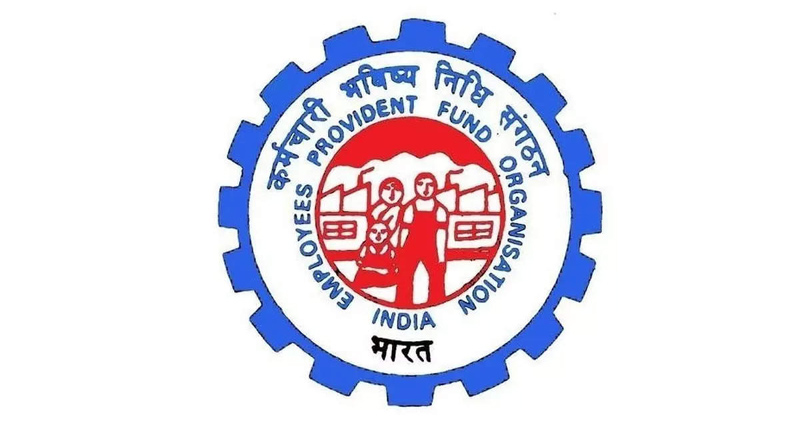NEW DELHI, July 24:
The process of applying for higher pension on the unified portal of EPFO is “simple and easy to understand” and as per the Supreme Court’s order last year, Parliament was informed on Monday amid the criticism of unfeasible requirements on the portal.
Following the Supreme Court order in November 2022, the Employees’ Provident Fund Organisation (EPFO) had given option to subscribers and their employers to jointly opt for higher contributions as per the actual basic wages (higher than threshold of Rs 15,000 per month) on the unified portal.
“The process in unified portal for submission of joint options for higher pension is simple and easy to understand and contains simple requirements as per provisions of Employees’ Provident Fund (EPF) Scheme, 1952, Employees’ Pension Scheme (EPS), 1995 and the judgment of the Supreme Court on November 4, 2022,” said Minister of State for Labour and Employment Rameswar Teli in a written reply to the Lok Sabha.
The minister said that for convenience of members and pensioners, EPFO has directed its field offices across India for assisting the applicants in filing these online forms.
He was replying to a question, whether the government has taken note of the criticism against unfeasible requirements and complex process on the unified portal rolled out by EPFO for submission of joint options for higher pension.
Teli explained that the online option form contains simple requirements in accordance with the judgment of the Supreme Court, EPF Scheme, 1952 and EPS, 1995.
The joint option under paragraph 26(6) of EPF Scheme, 1952 is not a new requirement and predates EPS, 1995. It was required as per the scheme provisions and direction of the Supreme Court.
However, he stated that the upload of proof in respect of the joint option under para 26(6) of EPF Scheme, 1952, is not mandatory and to facilitate the applicants for pension on higher wages, instructions have been issued by EPFO that the same can be filed any time prior to grant of pension wherever the due contributions and administrative charges have been fully remitted to EPFO under Para 26(6) of the EPF Scheme, 1952.
About the labour reforms, Teli said in a separate reply:”The government has formulated four Labour Codes, namely, the Code on Wages, 2019, the Industrial Relations Code, 2020, the Code on Social Security, 2020 and the Occupational Safety, Health and Working Conditions Code, 2020 and published these Codes in the Official Gazette for general information.”
As a step towards implementation of the all four Labour Codes, rules are required to be framed by the central government as well as by State Governments.
The Centre and a number of states/Union Territories (UTs) have pre-published the draft rules under the Labour Codes, inviting comments of all stakeholders, he added. (PTI)
Trending Now
E-Paper


